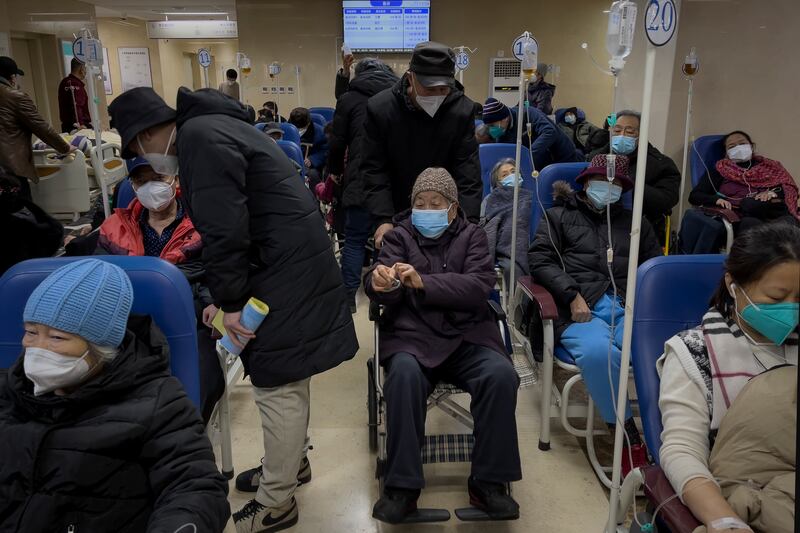Mere weeks after China eased up on harsh COVID-19 restriction measures, virus cases in the country escalated quickly.
Why China eased up strict COVID-19 policies in November
The Chinese government had implemented a “zero-COVID” policy since the Lunar New Year in 2021, which imposed strict lockdowns, testing requirements and banned domestic travel from some major cities like Beijing.
Chinese residents grew frustrated with the strict policies in November, culminating in large-scale protests after one lockdown in an apartment building prevented building residents from escaping an apartment fire. Ten people died in the fire, Reuters reported.
The Chinese government seemingly abandoned most restrictions overnight, but it hasn’t reported the rise in cases and deaths across the country in the same way it was before the restrictions were let up.
Before the rules were dropped, Chinese officials warned that if the country let up on the requirements for testing, they wouldn’t be able to provide accurate data about cases and deaths from the virus.
That concern has proved to be true as press reports and social media posts from the country depict overflowing hospitals and overcrowded crematoriums, according to Science.org.
The China Center for Disease Control and Prevention claims that there were 35,000 confirmed COVID-19 cases, but “leaked notes from an internal meeting” suggest that about 18% of the total Chinese population “may have caught COVID-19 in the first 20 days of December,” per Science.org.
Why the U.S., other countries are requiring travelers from China to follow new rules
The U.S. and 27 of the European Union countries are requiring travelers coming into the country from China to pass mandatory COVID-19 testing before being allowed into the country, CBS News reported.
China responded to the requirements by threatening that it would invoke countermeasures to the restrictions against the nations’ residents, according to NBC News.
“We believe that the entry restrictions adopted by some countries targeting China lack scientific basis, and some excessive practices are even more unacceptable,” Foreign Ministry spokesperson Mao Ning said during a daily briefing, per NBC News.


